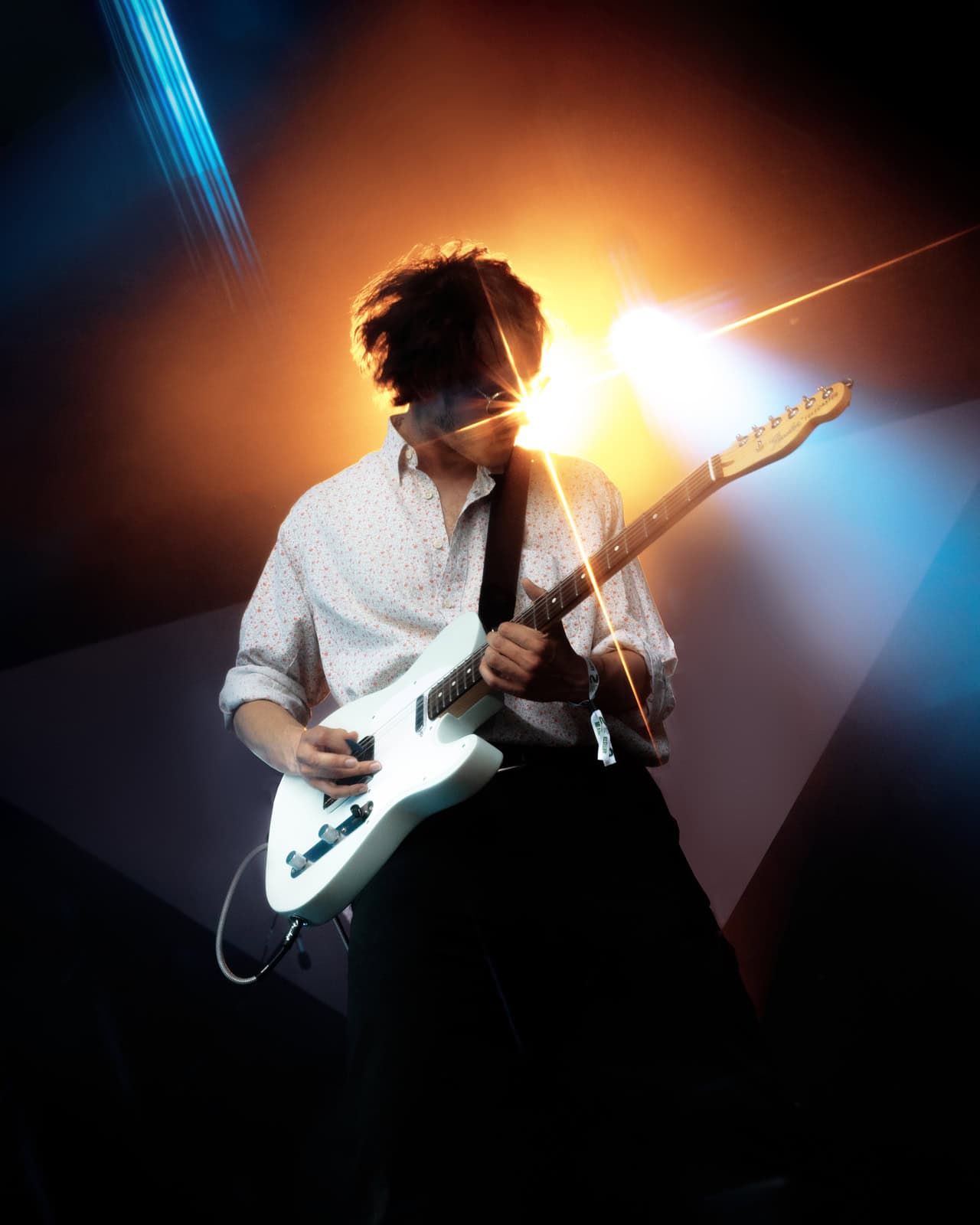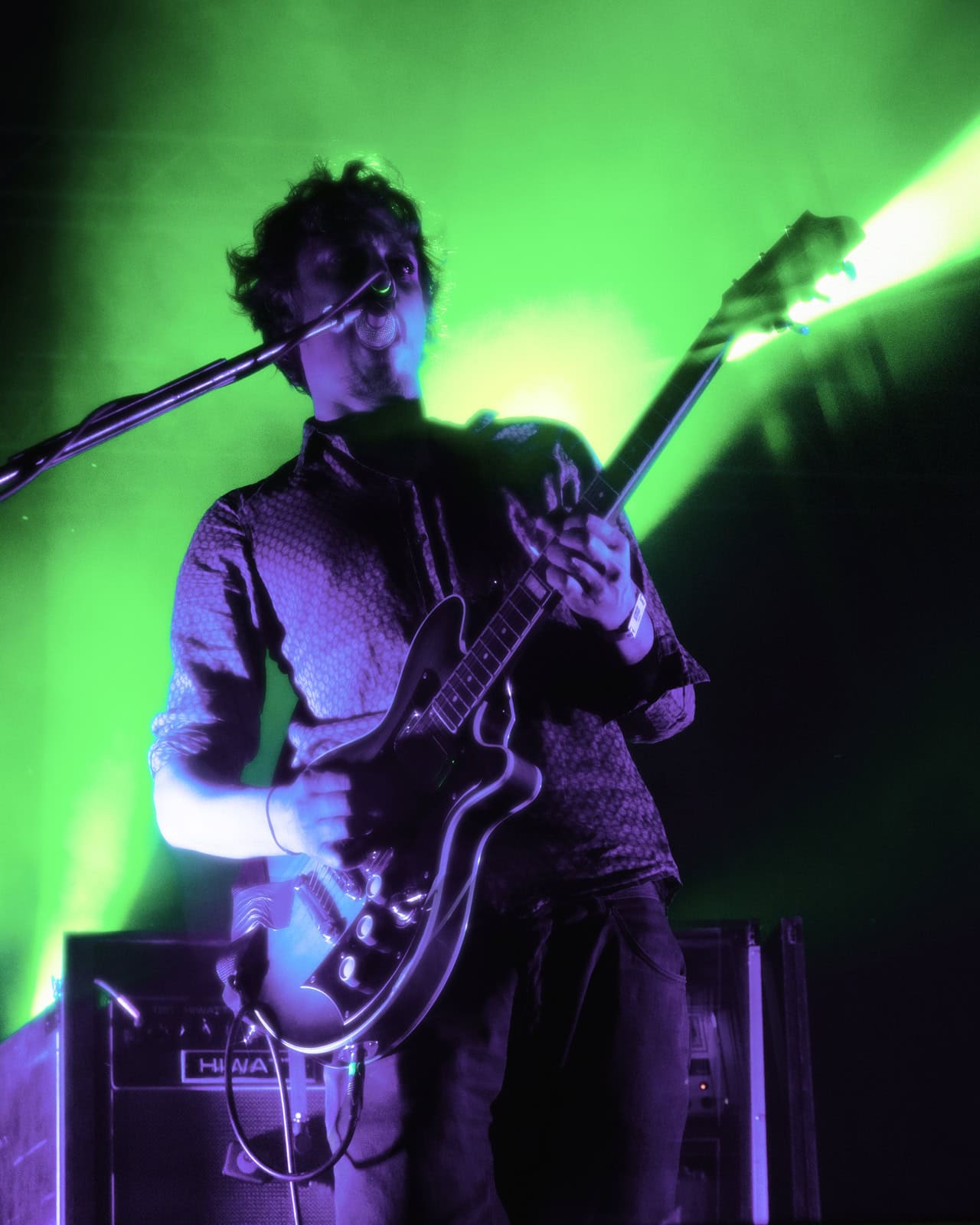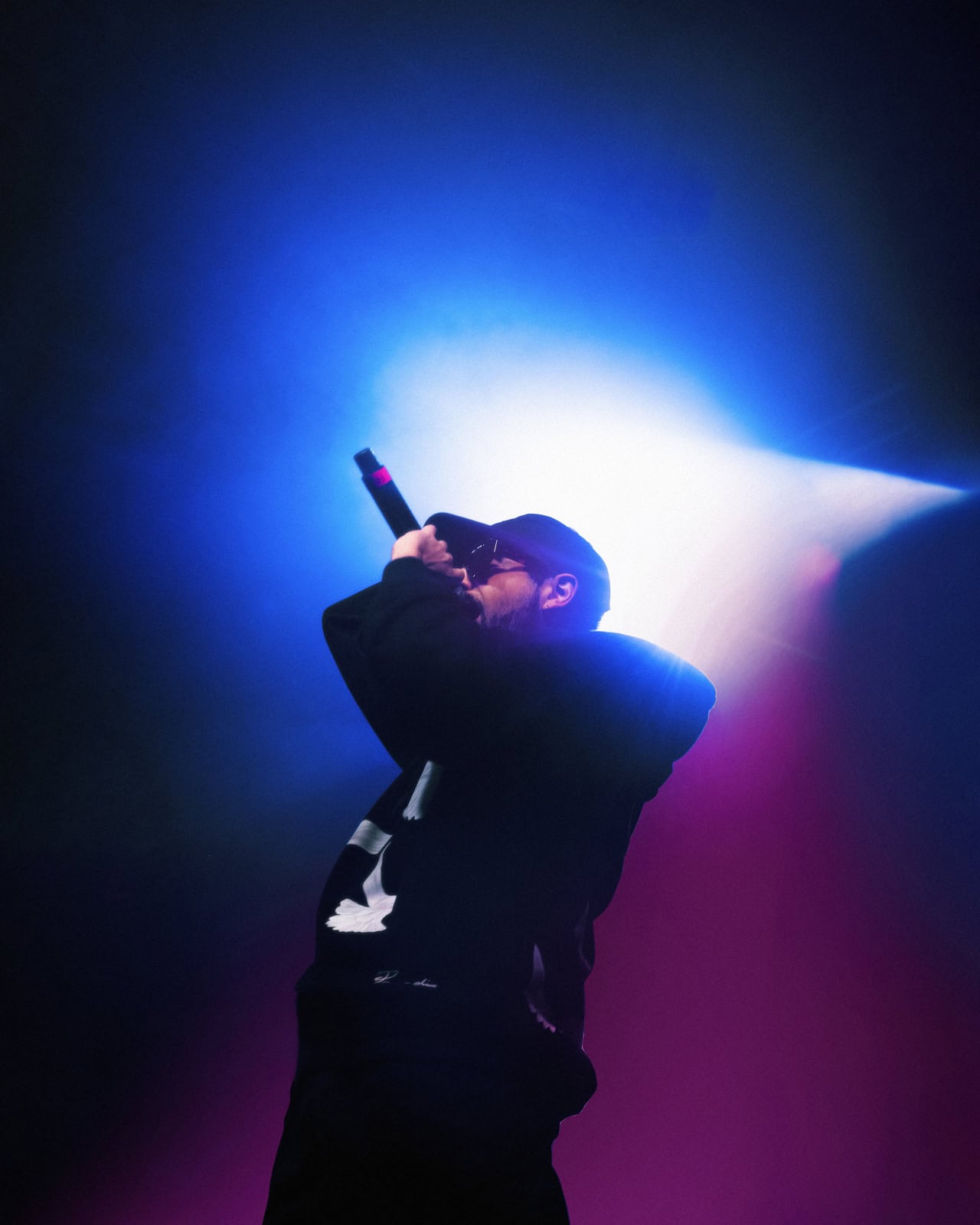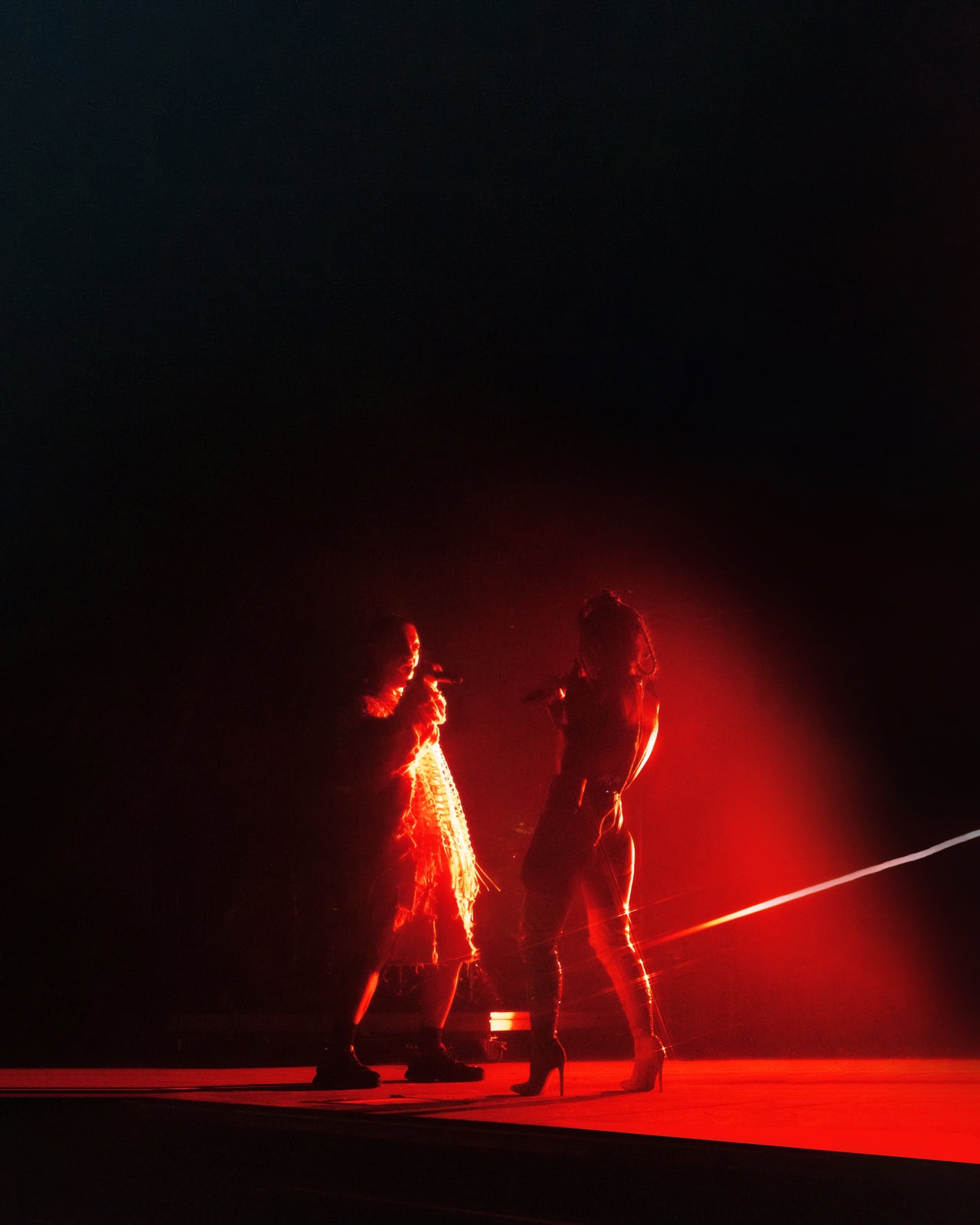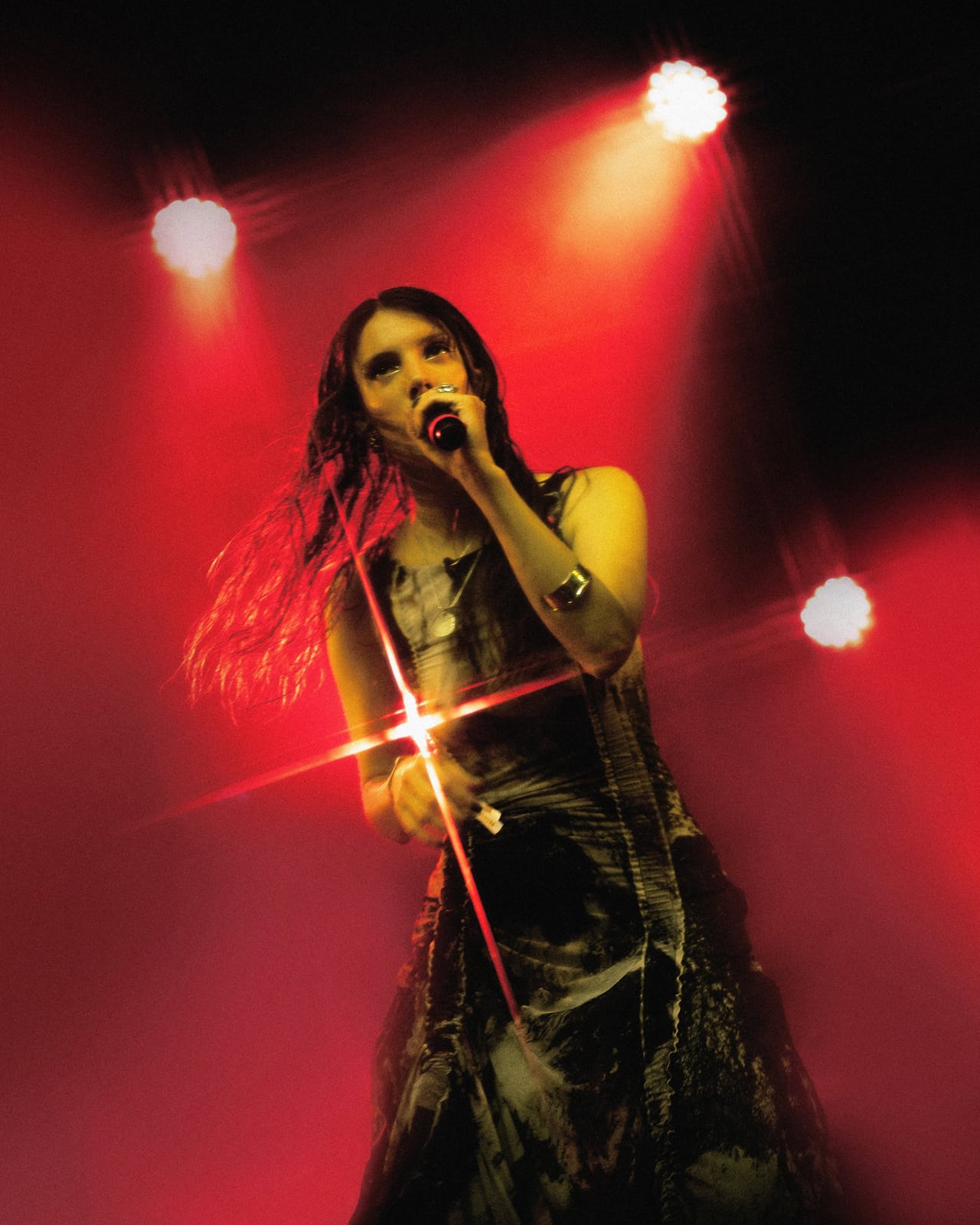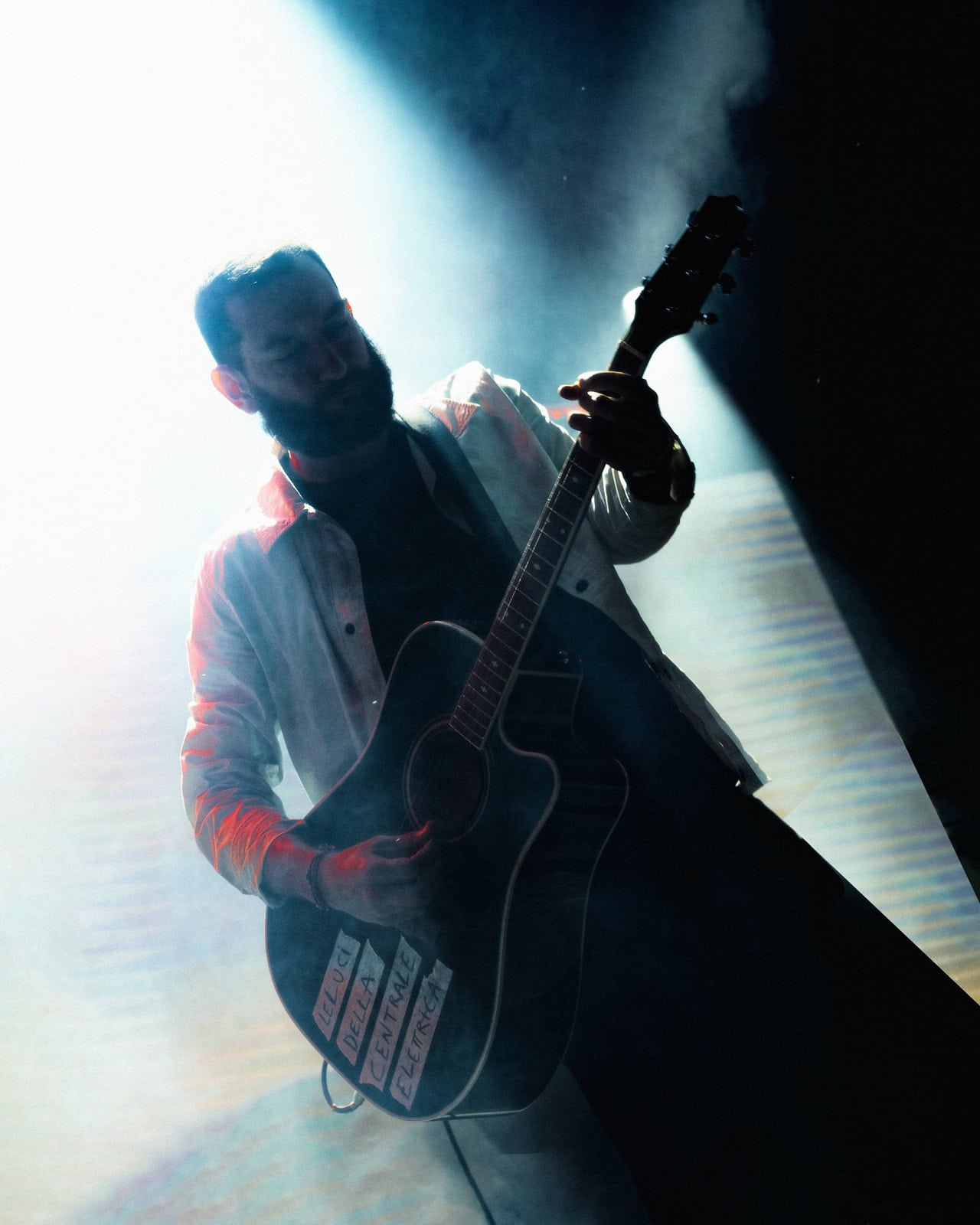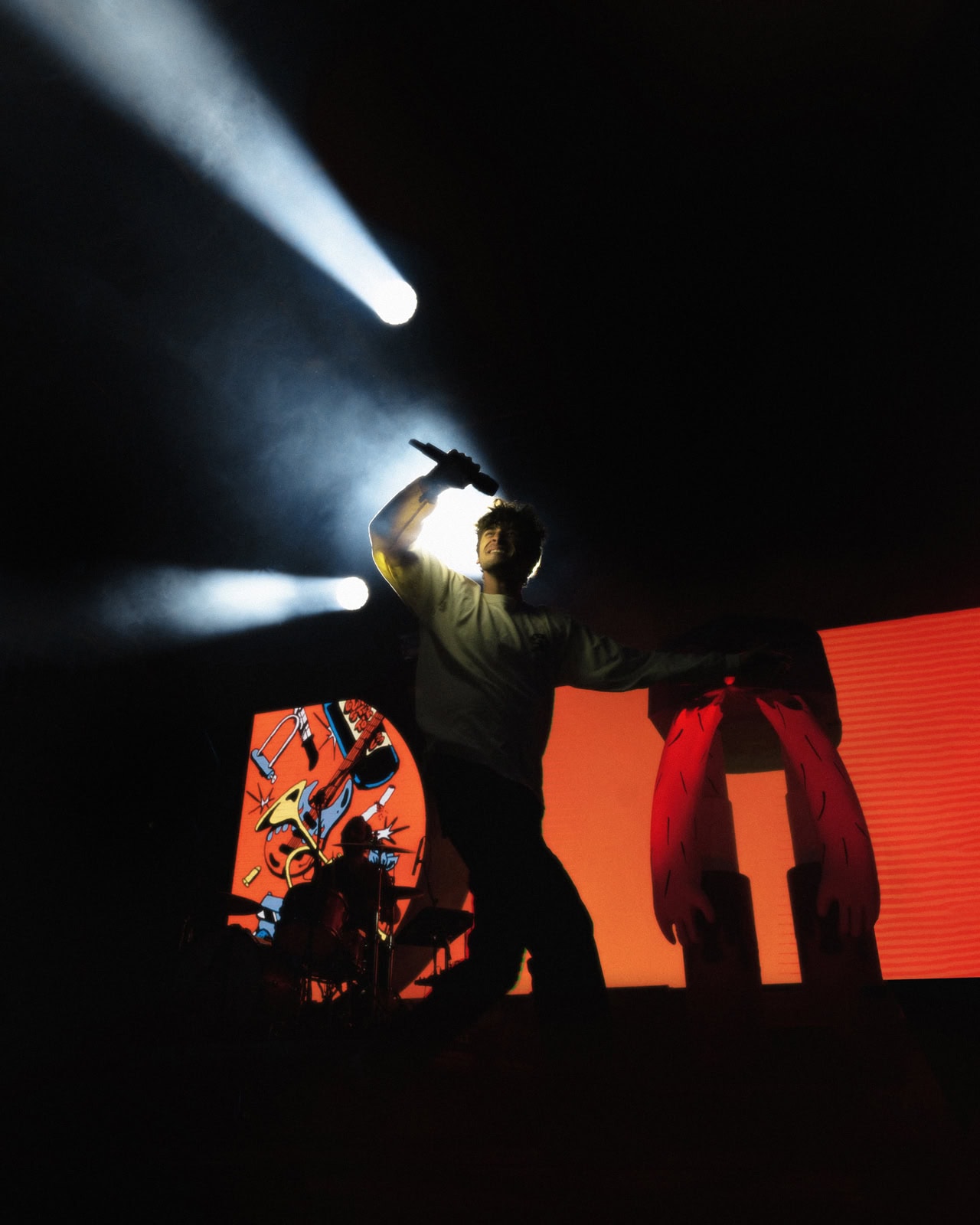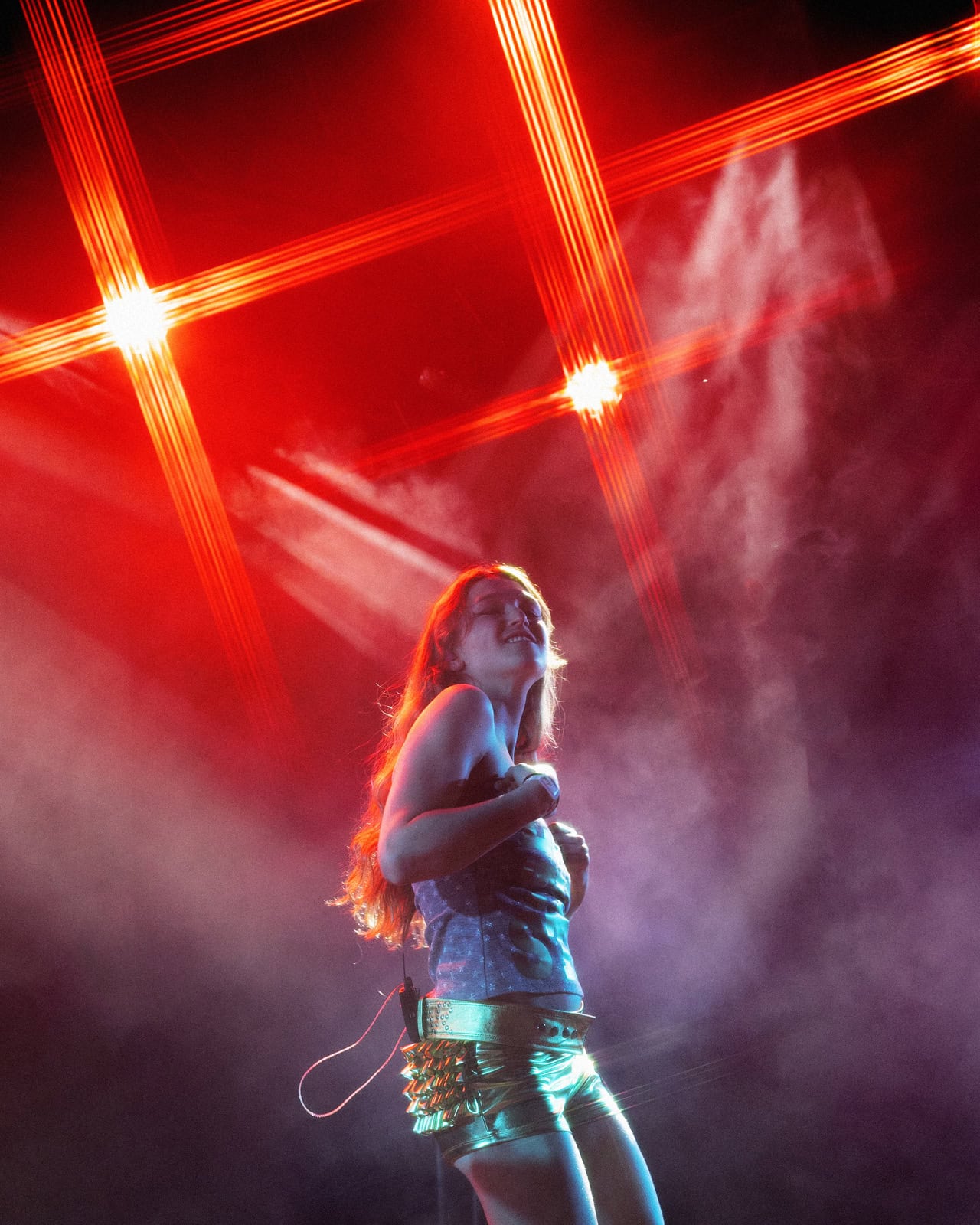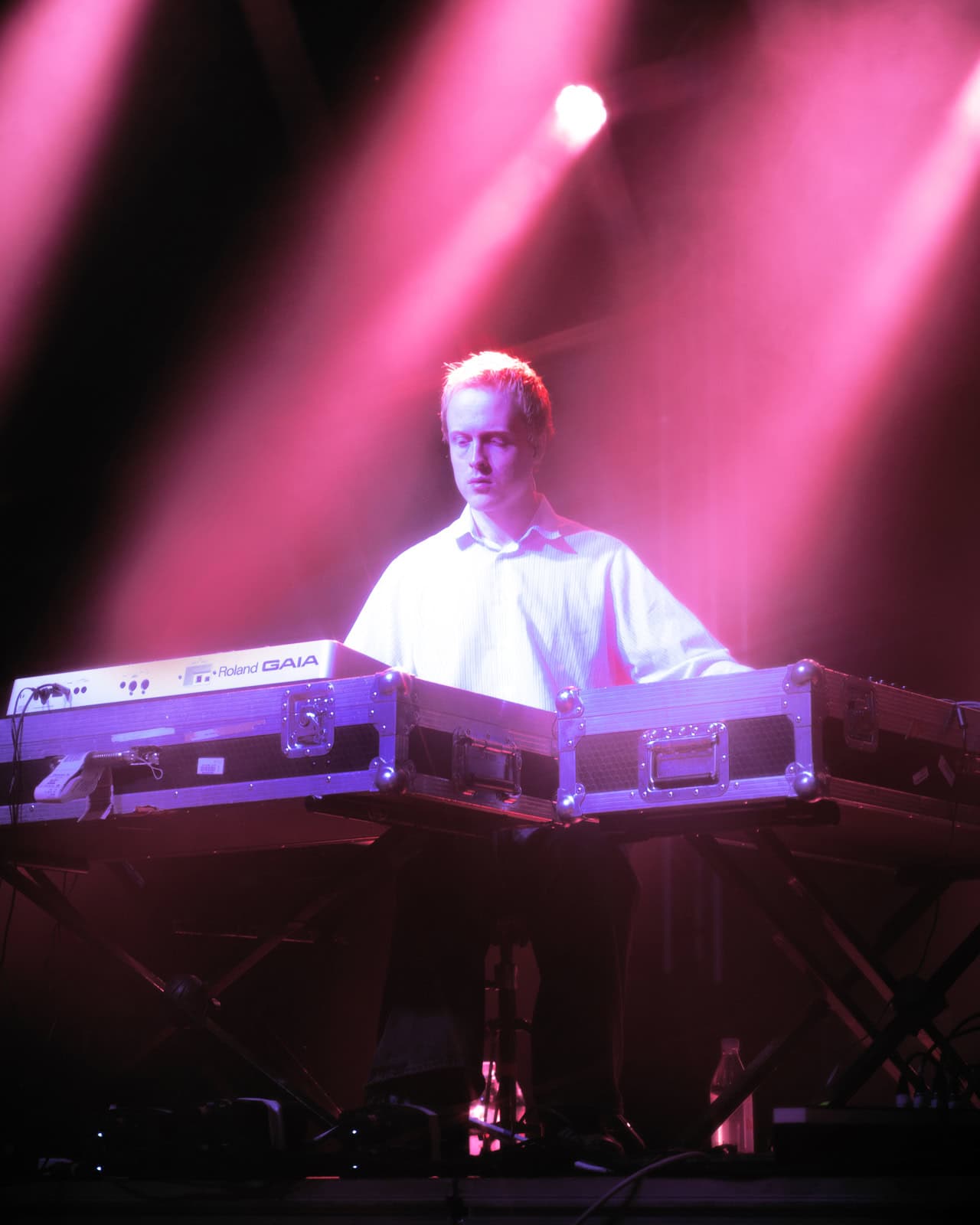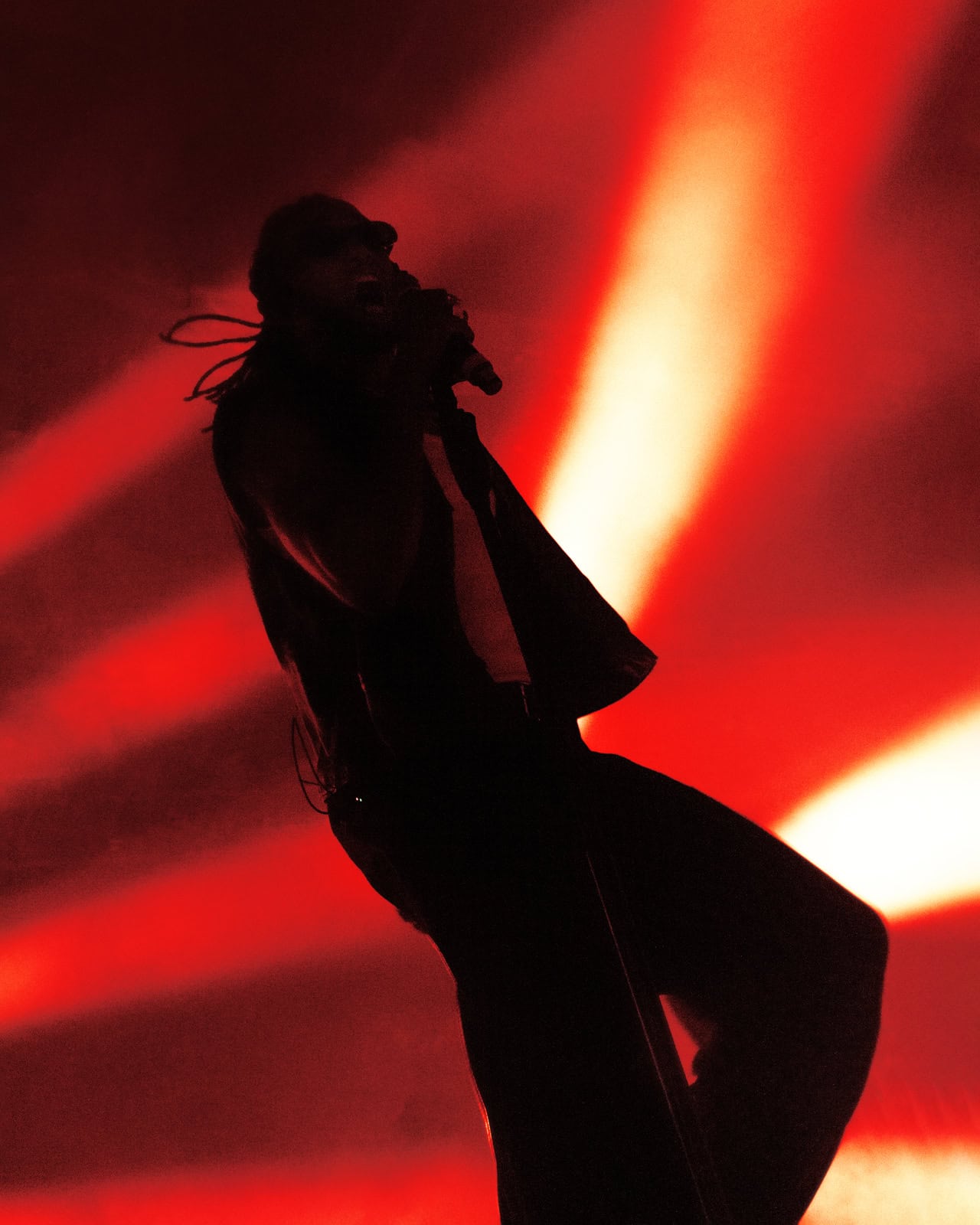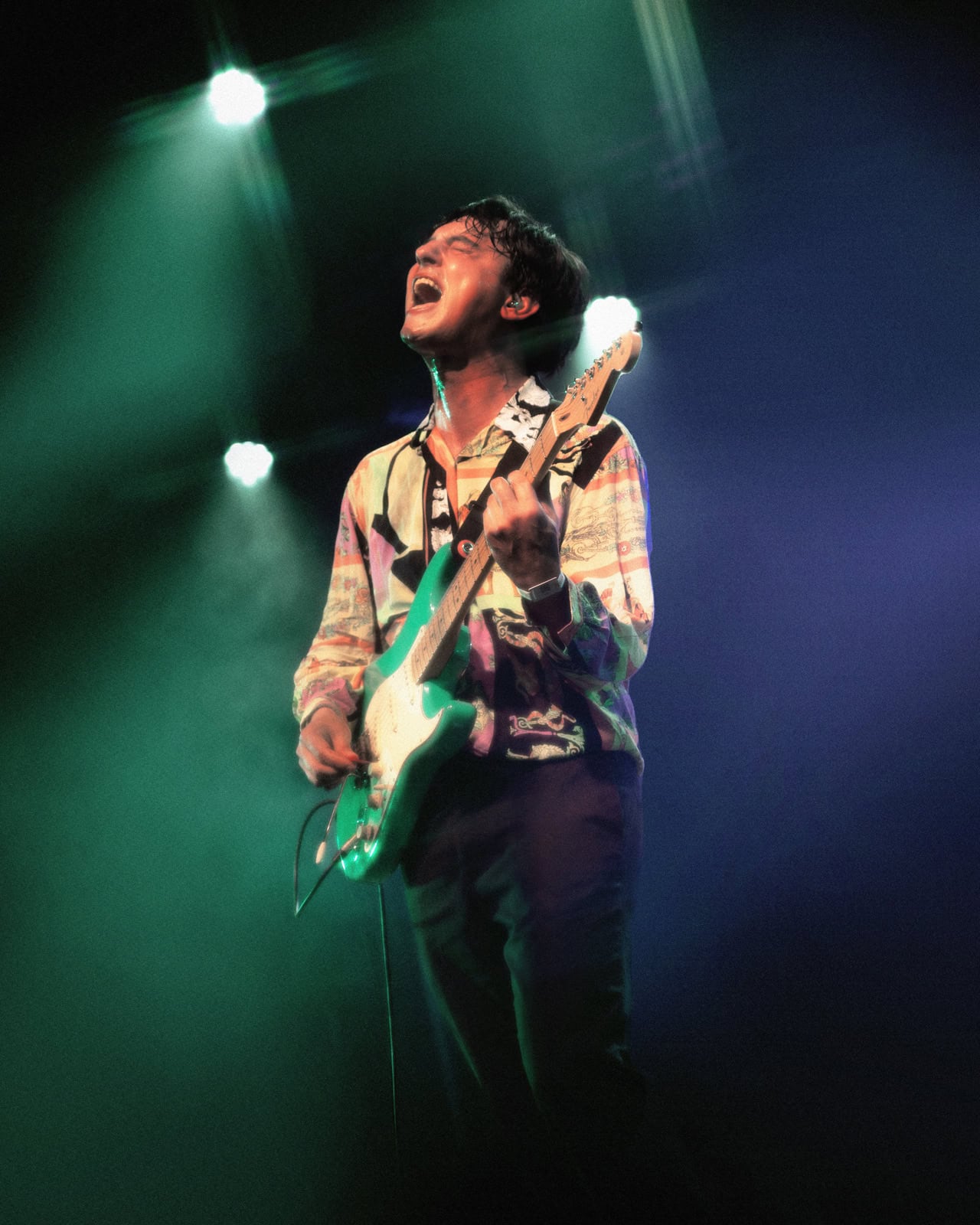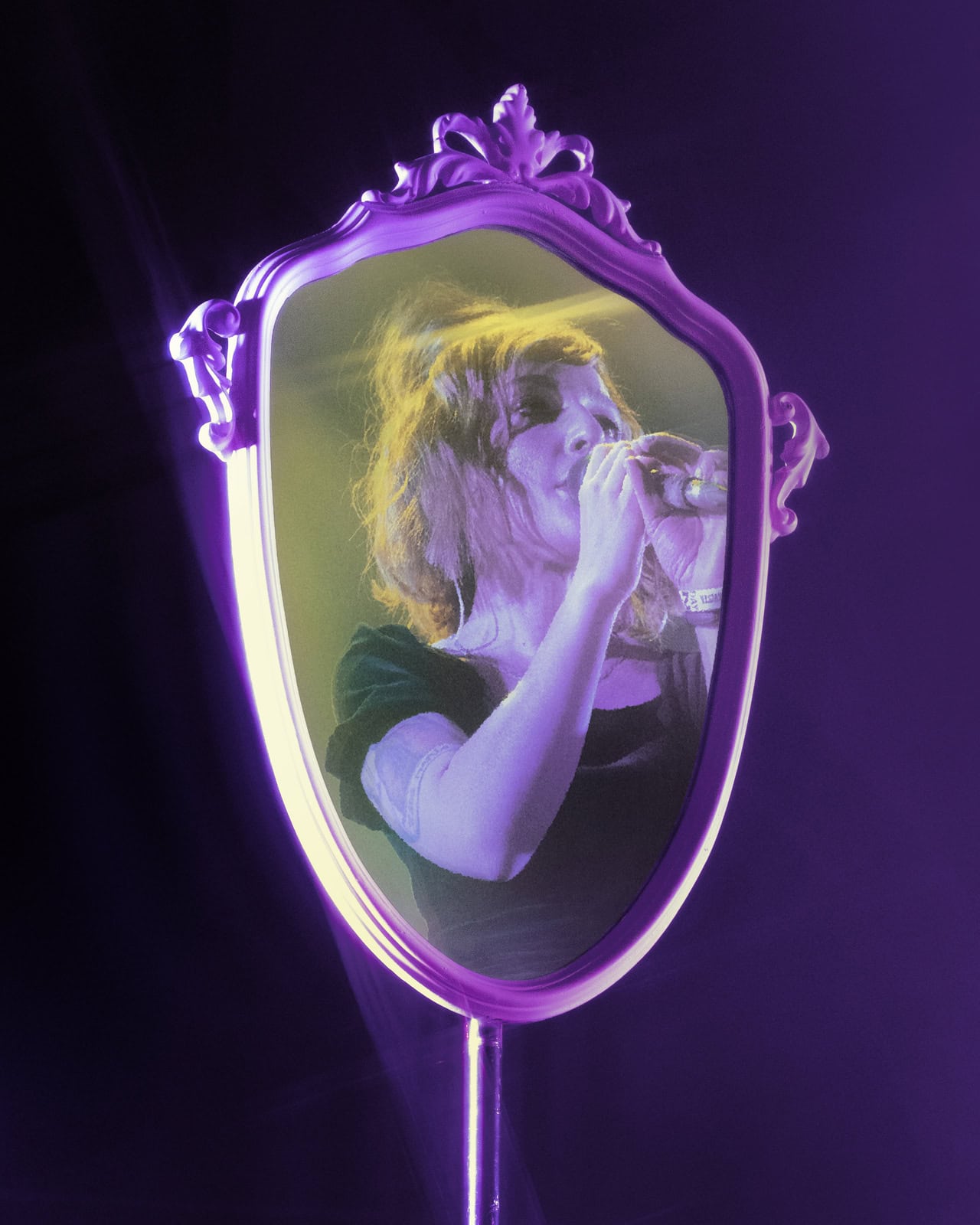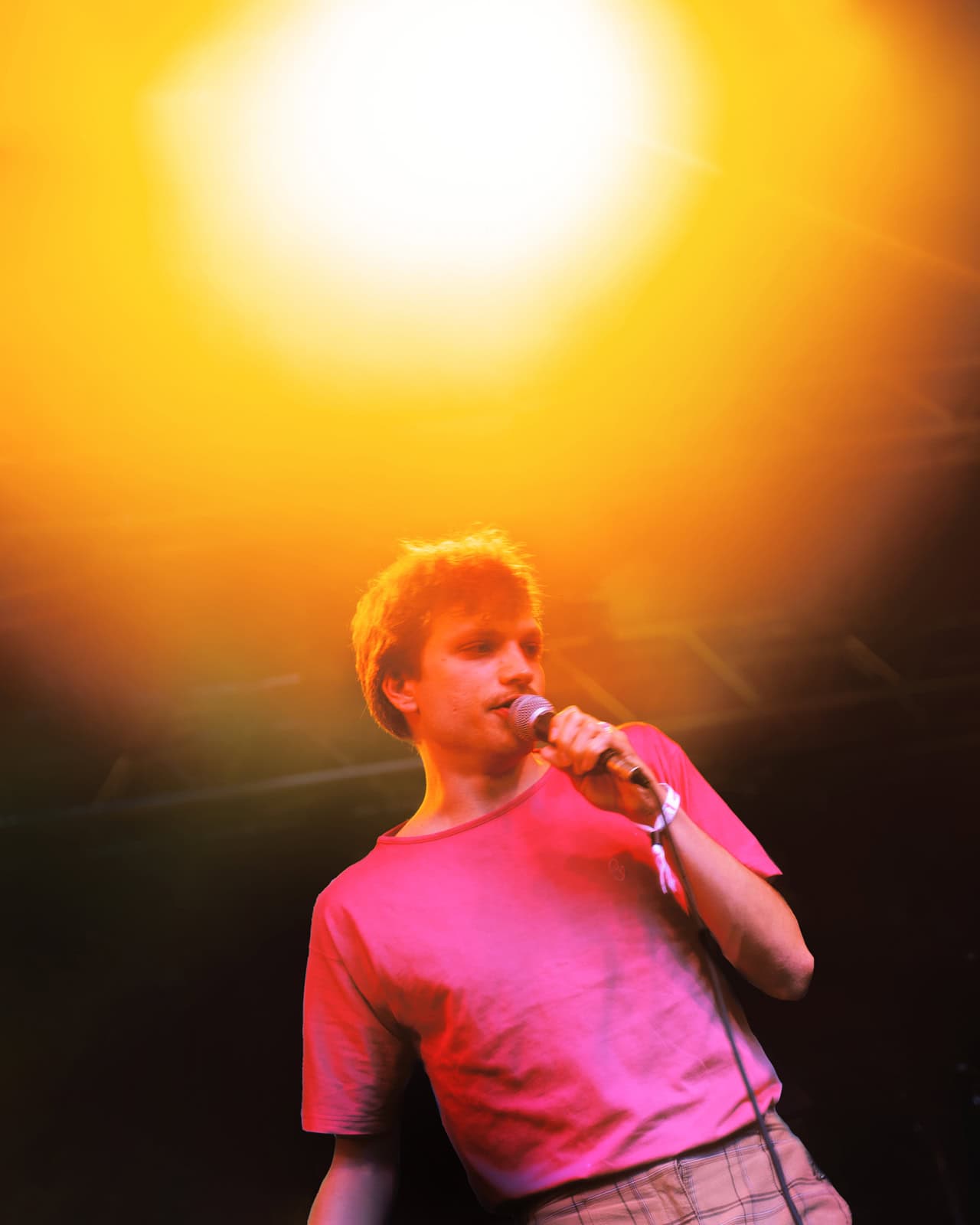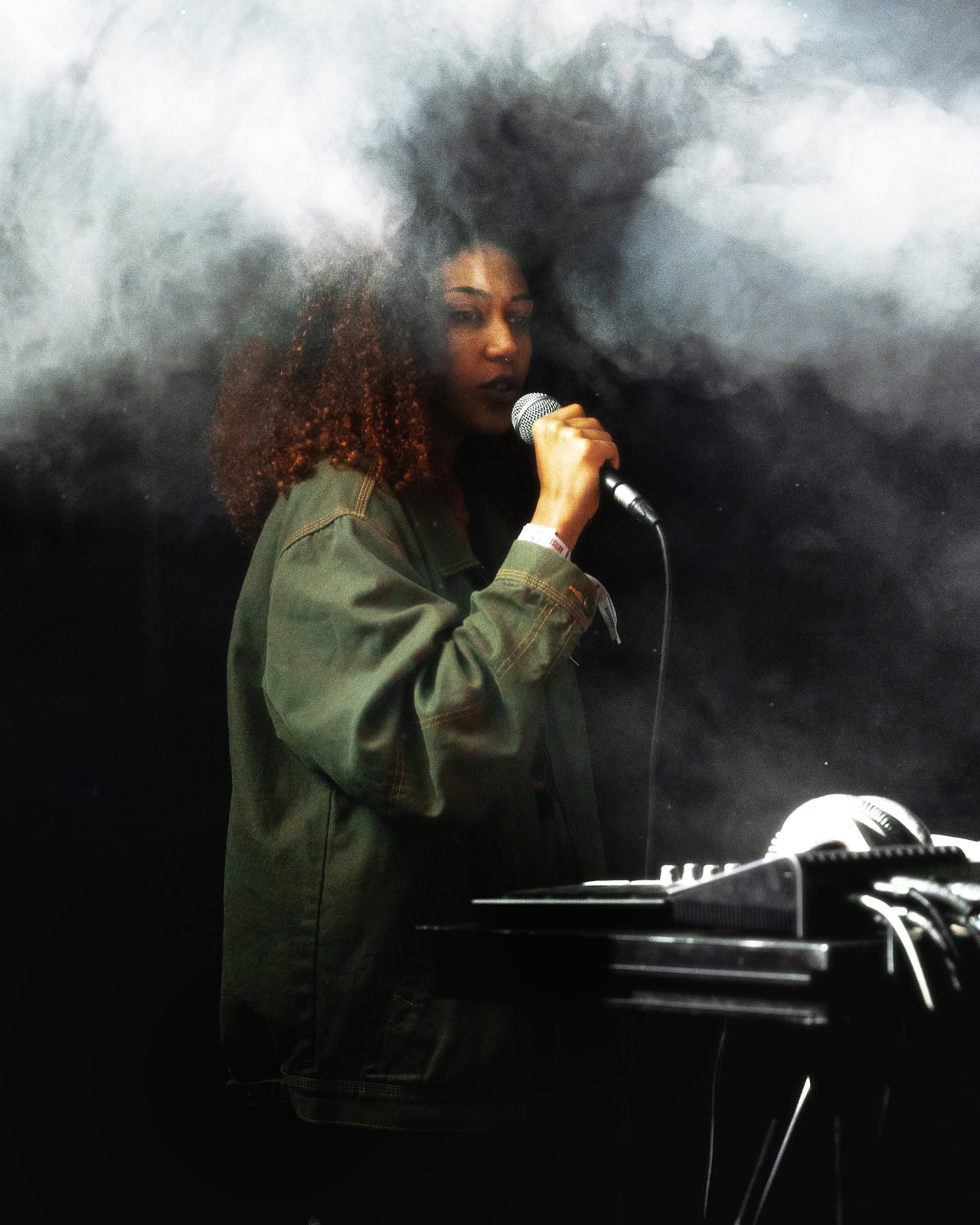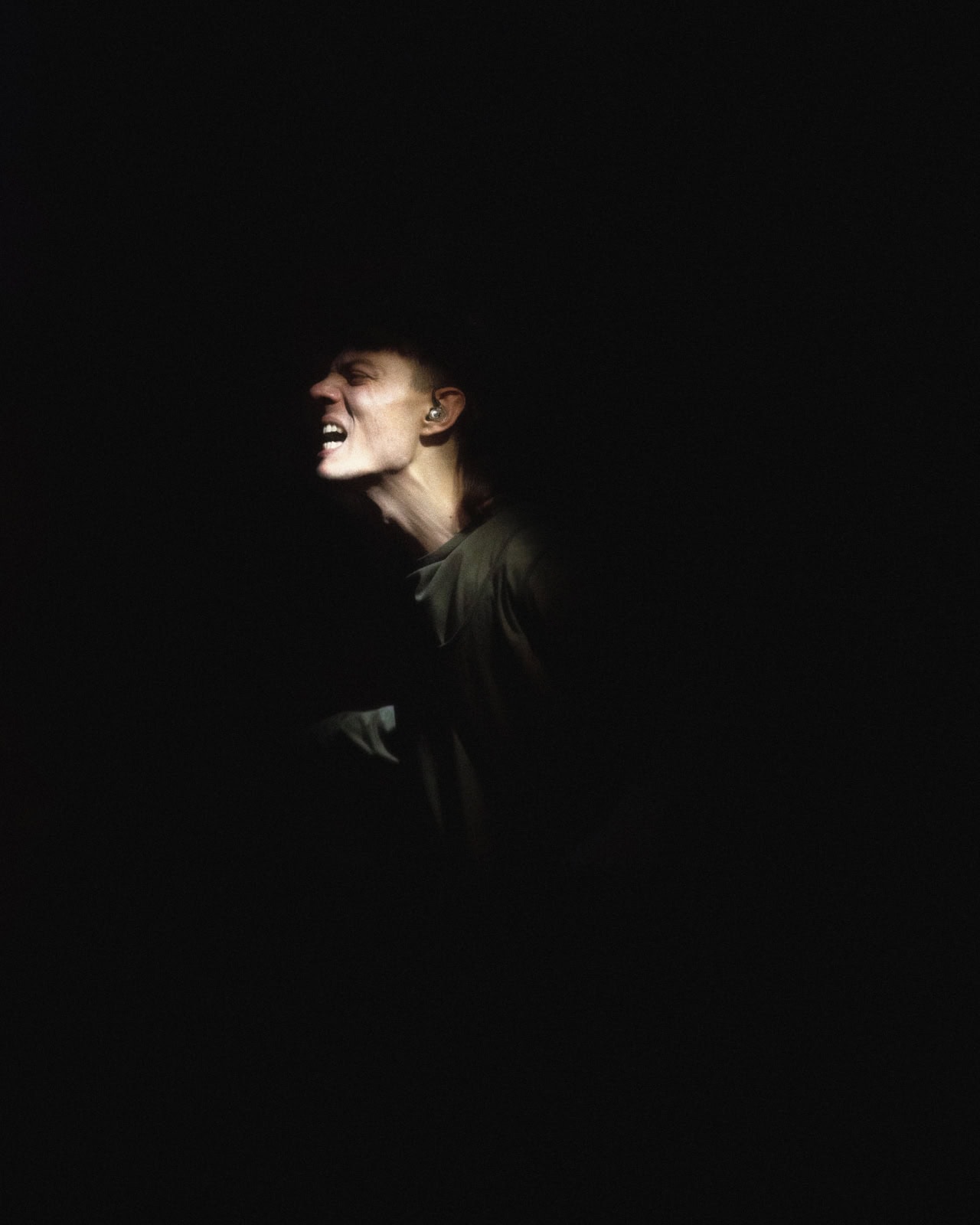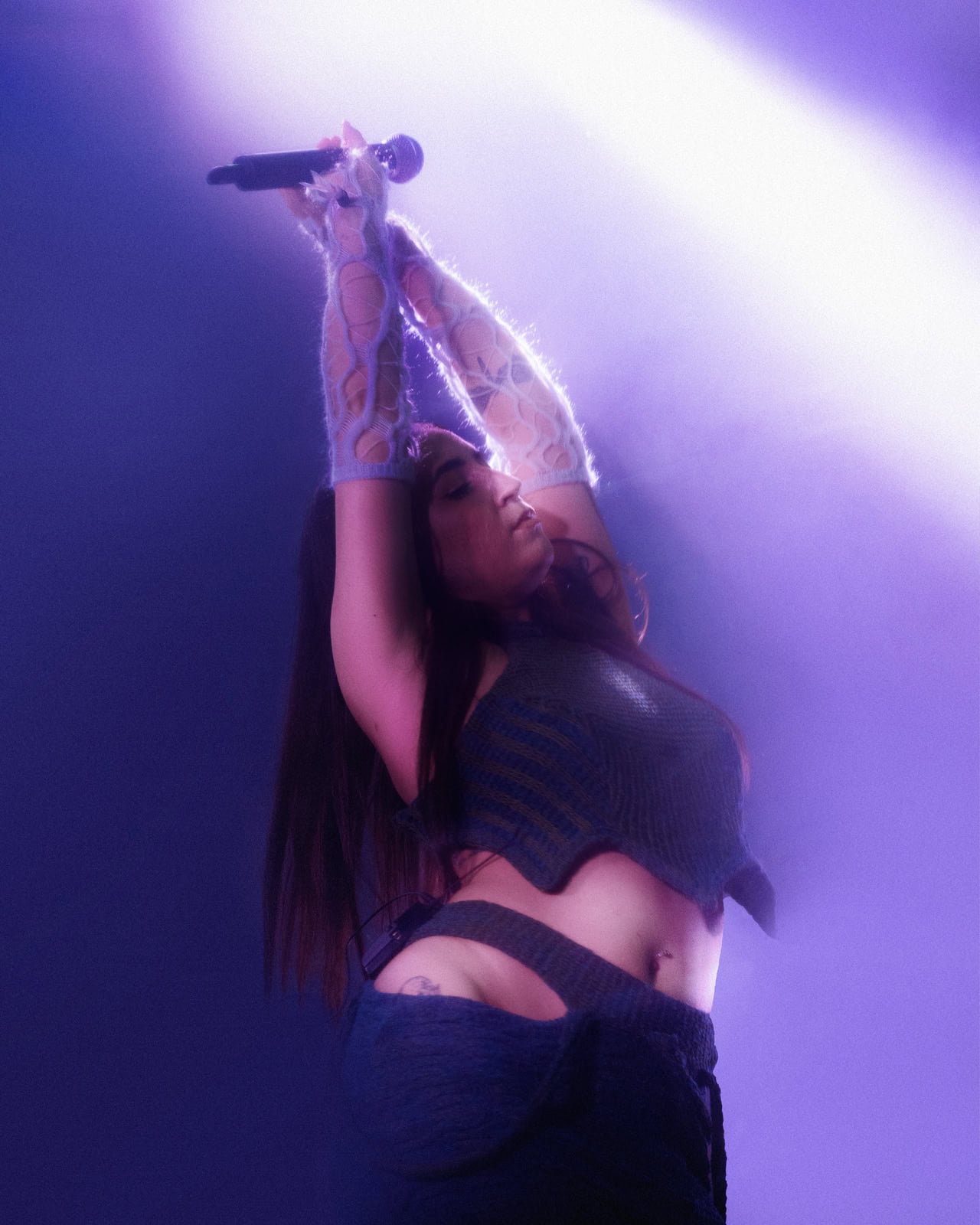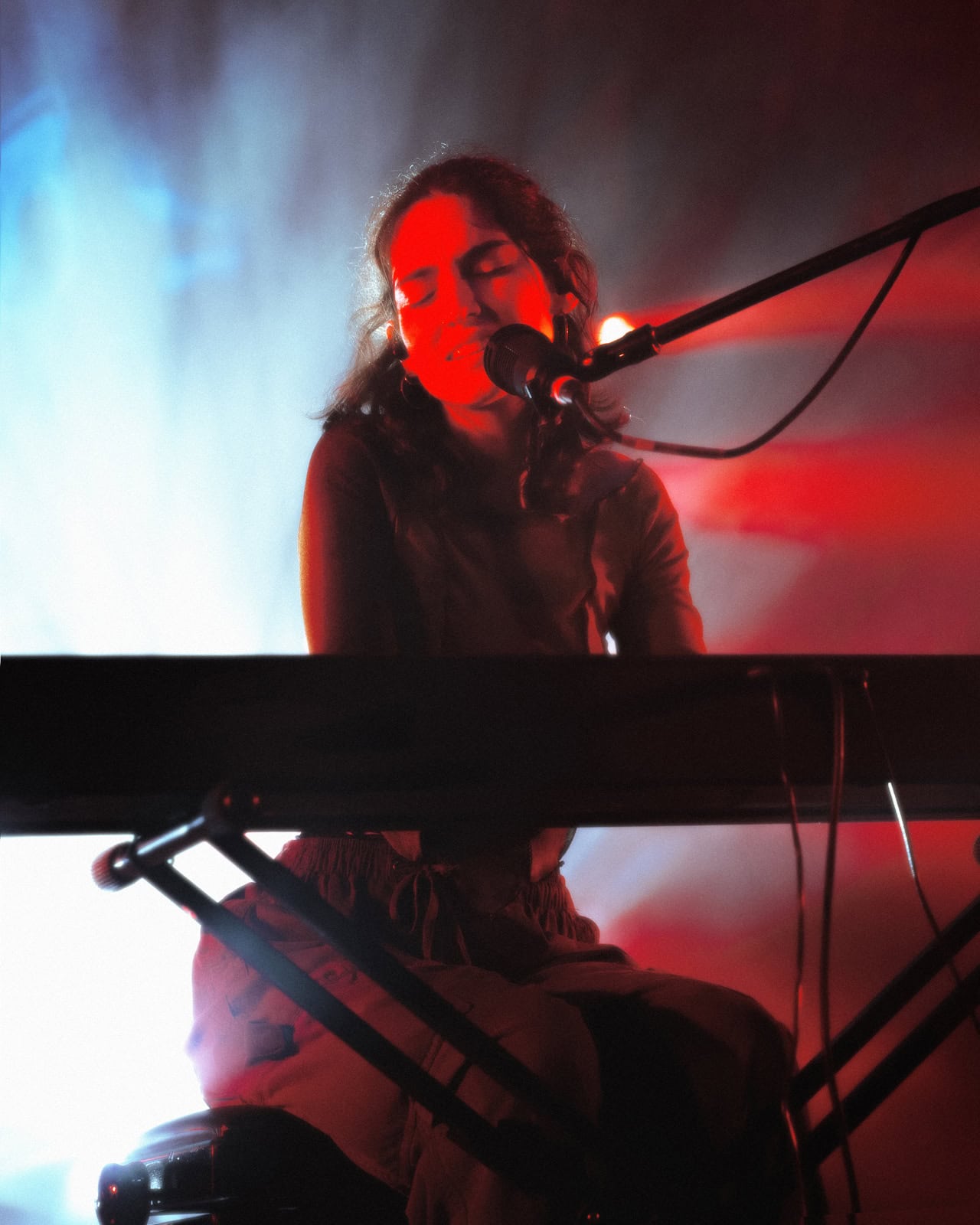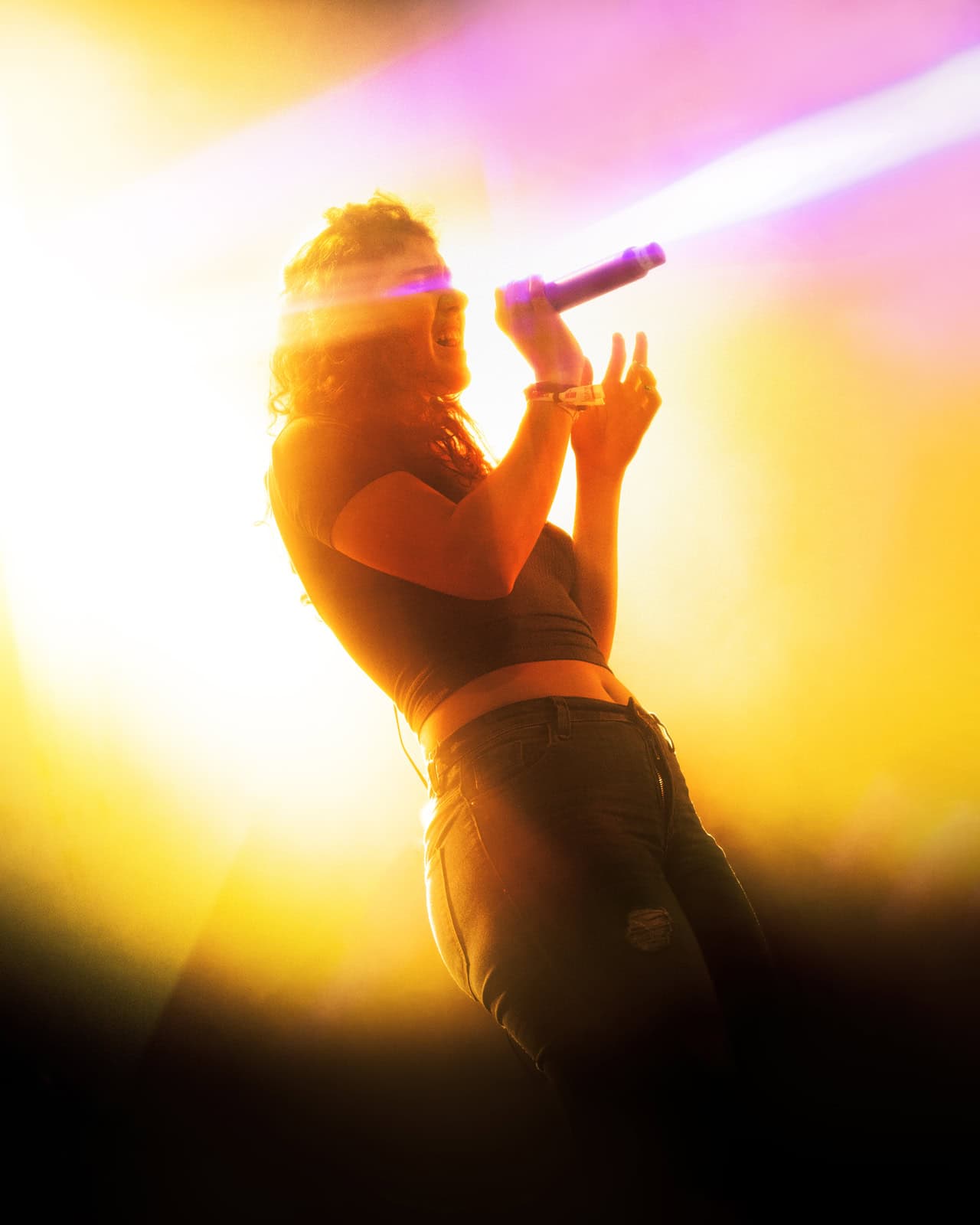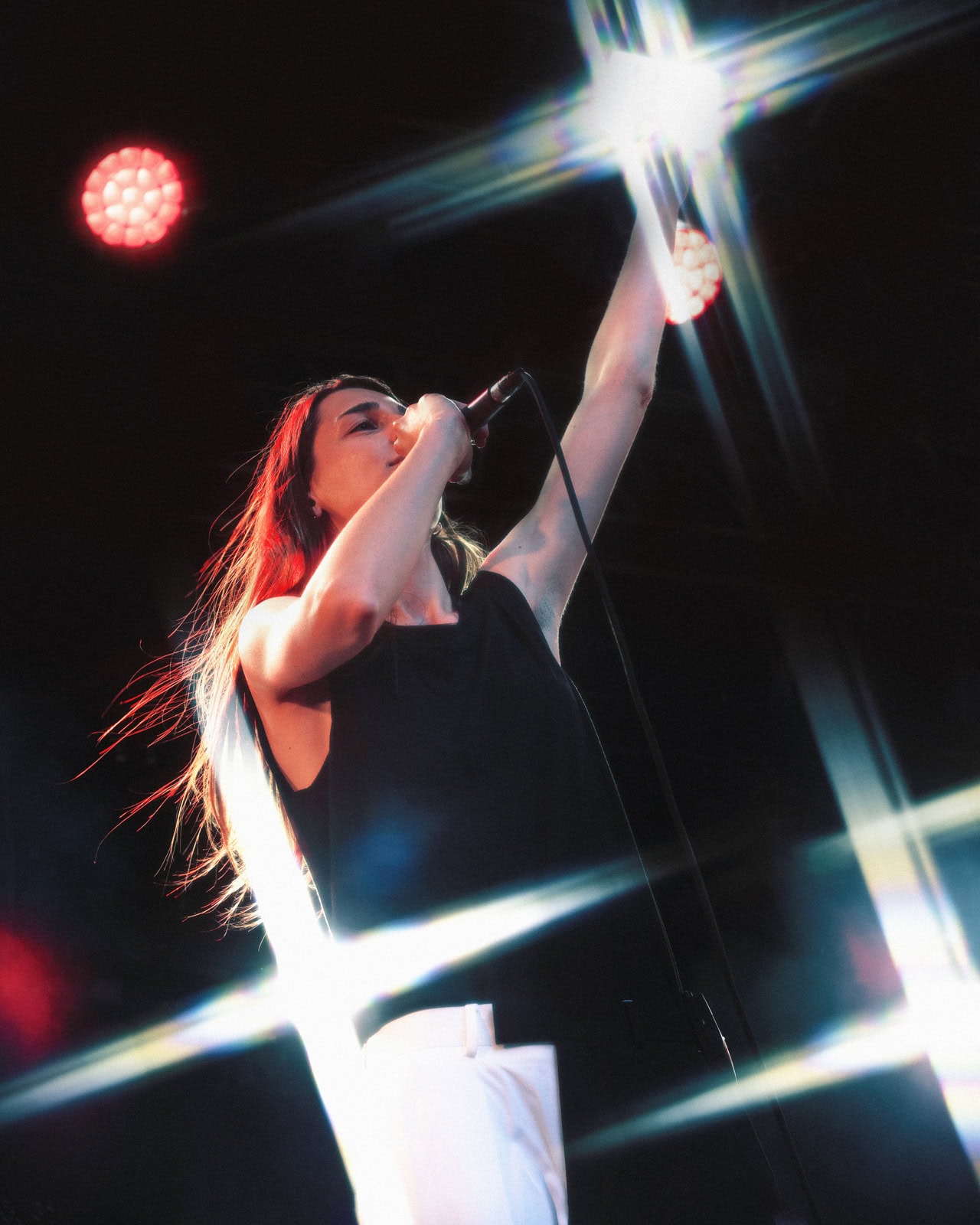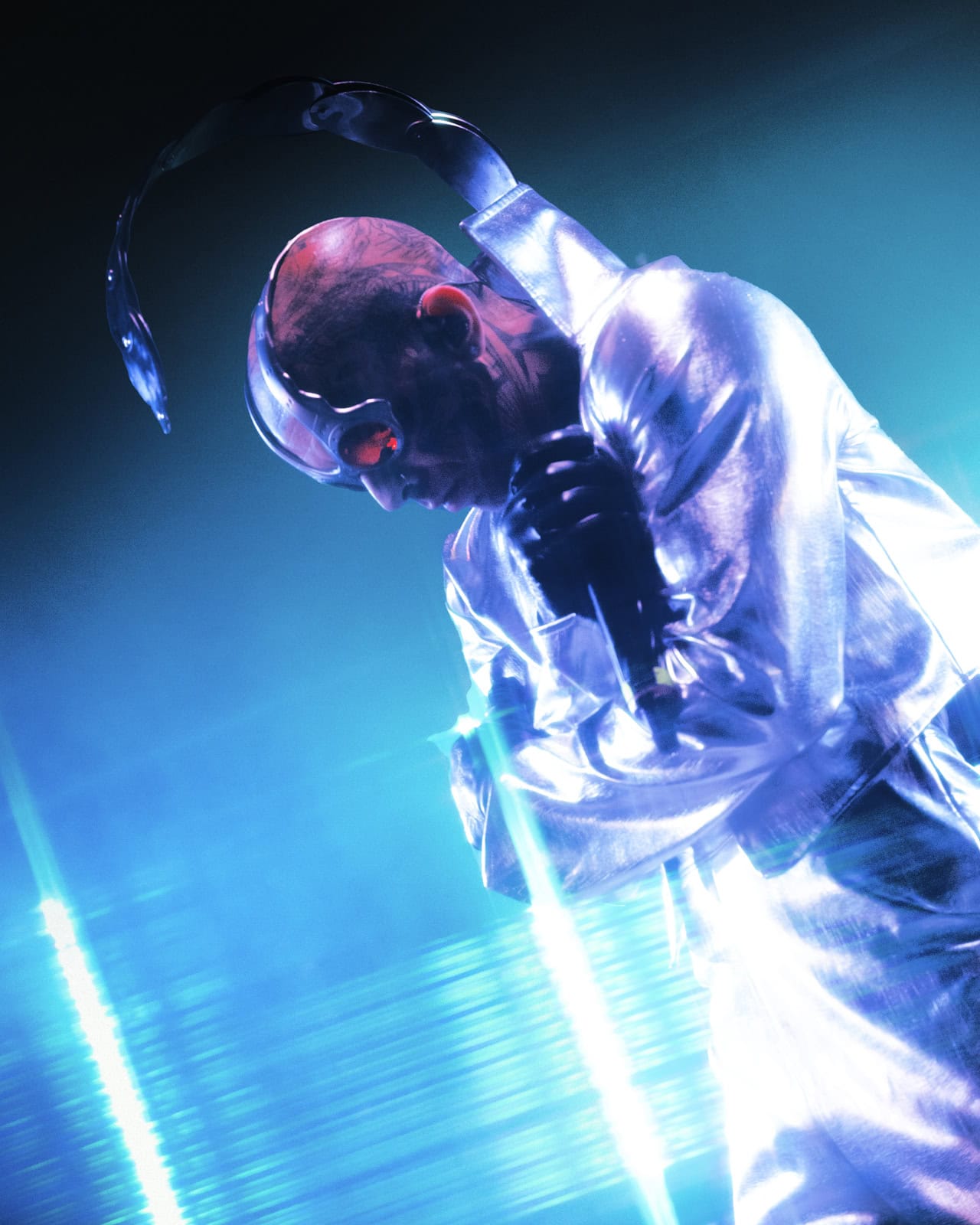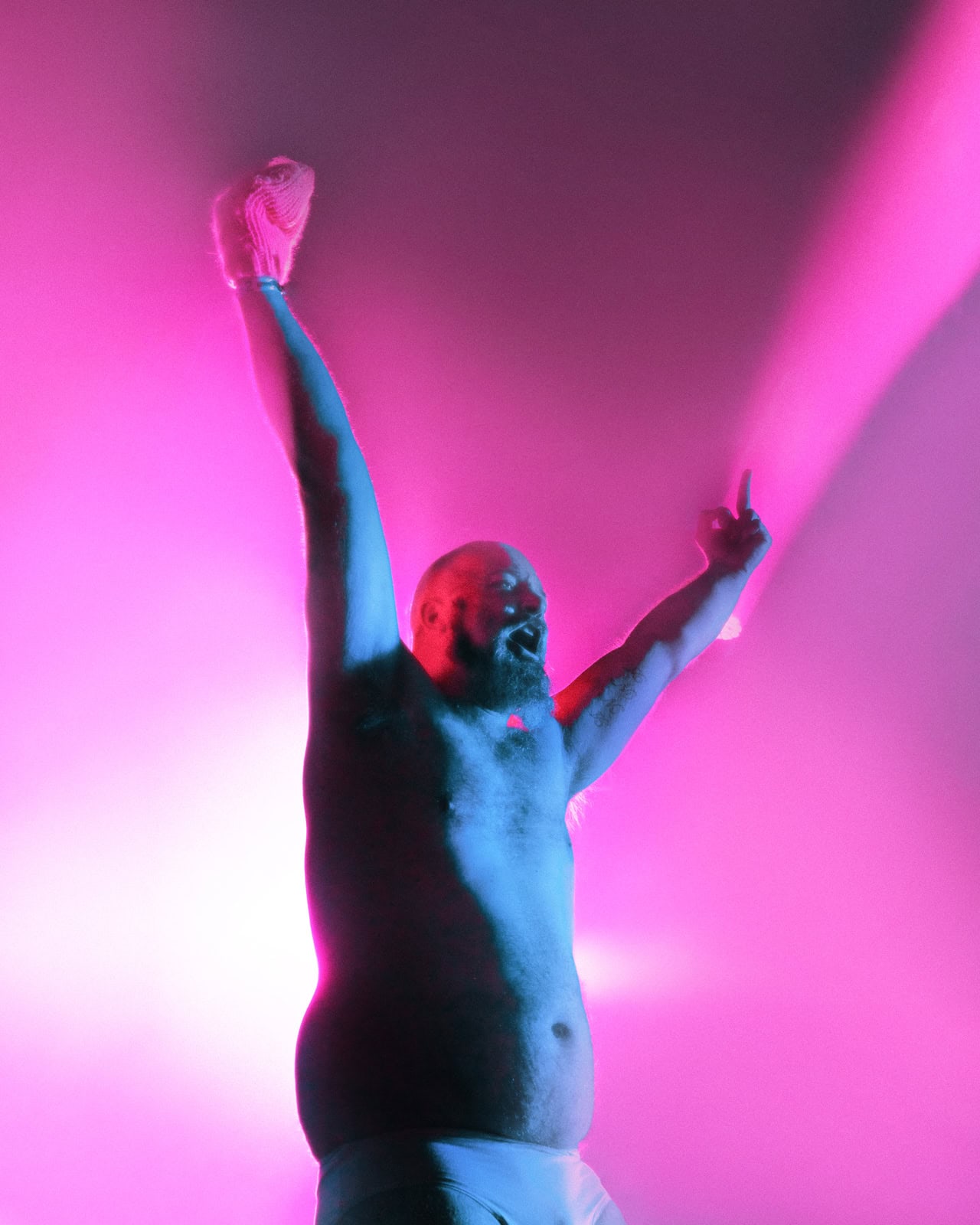It has never been clear whether the kisses at MI AMI came first or MI AMI’s decision to be the festival of kisses. The fact is that one sees many kisses, more than the average of other festivals, exchanged between all kinds of people and in the most disparate places: in the queue in front of the chemical toilets, under the stage, in line at the bar or lounging on the many shaded lawns offered by Circolo Magnolia.
Put that historically, the event born from the mind of Stefano Bottura and Carlo Pastore, and the arm of Rockit, is a bit like the inauguration of the summer (certainly of Magnolia’s summer); add some healthy enthusiasm for the first livable weekend outside after weeks of rain (which will appear anyway), and you’ll get why the excitement for this edition was indeed touchable with the hand. And with lips, at that.
All this, of course, already contributes to a good foundation. But we know that atmosphere isn’t everything, so let’s try to reconstruct three intense days of concerts, cheers, laughter, pogoing, mud, mosquitoes, rain, and kisses. All of this, in a continuous flow that does not take into account what happened which day. MI AMI is like that: you experience it all at once.
The first thing that comes to my mind is Verdena live show, always magical but a little penalised by the volumes. MI AMI is now an institution, but luckily there is nothing institutional about it. Institutions, however, must obey. And the aforementioned institutions, on the subject of outdoor volumes, are a pain in the ass: pure nonsense, given that we are only a few hundred metres from an airport. Anyway, a really satisfying setlist, with plenty of Requiem, something from Wow and obviously a substantial part of the latest Volevo Magia. The audience roars indefatigably from start to finish.
Among the other big names, it is impossible not to mention a very funny Dargen d’Amico the next day. This turn of pop and straight bass drum seems to have given Silver Crow a second youth, and this can only please him, first and foremost, I imagine. Surprisingly, Coez and Frah Quintale also take the stage, and Baustelle with Tommaso Paradiso. Respectively, before Rondodasosa (very unusual for the MI AMI audience but 100% appreciated) and Cosmo (definitely on target with the MI AMI audience). Great appearances among a sea of announced acts who made an average figure or an OK figure.
Example: Pop X or Officina della Camomilla always make an OK figure because you expect everything from them anyway. Whether they are completely fucked up or able to stand up, or easier somewhere in between, you expect it: the regaz (guys) are a bit like that, agitated; it is part of their DNA to dedicate Siamo pieni di droga to Giorgia Meloni as their closing song.
Beautifully performed instead were acts like Ele A, perhaps the biggest surprise of this festival. Her RnB, complete with choreography and hip-hop dancers, brought back only the most stylish things from this thing that is now called y2k but, to those of us who were there, was known as the 2000s. Cockiness, timbre, well-made rhymes, stage presence: since this weekend, the girl has had many more fans, including me.
Very good Ginevra, very nostalgic Vasco Brondi, who brings Le Luci della Centrale Elettrica back to life at least for one night, crazy Il Mago del Gelato, who at times sounds like the Yuji Ohno band on the notes of the Lupin The 3rd soundtrack. Special mention for Discopianobar and Auroro Borealo, who, in the rain, managed to gather a frightening amount of people on a small stage in front of the food trucks and improvised a wild karaoke with stage diving, appearances by Colla Zio (also good on their stage) and exquisitely corked notes on the microphone.
An innate foreignness reminds me more vividly of the live performance by Jockstrap, a duo from Cornwall who combine folk and electronica and who, if they kicked ass at C2C, really stomped it here, to the delight of the dance lovers under the stage. Deki Alem was another wonderful discovery: again a duo, but of Swedish twins, with dynamite for feet. Adding foreign guests was only the most recent addition to a festival that, almost twenty years after its first edition, is constantly evolving, but in a very reassuring way, remains the always same. A traditional rite of passage between seasons for a city that is losing too many of these collective rituals along the way.
